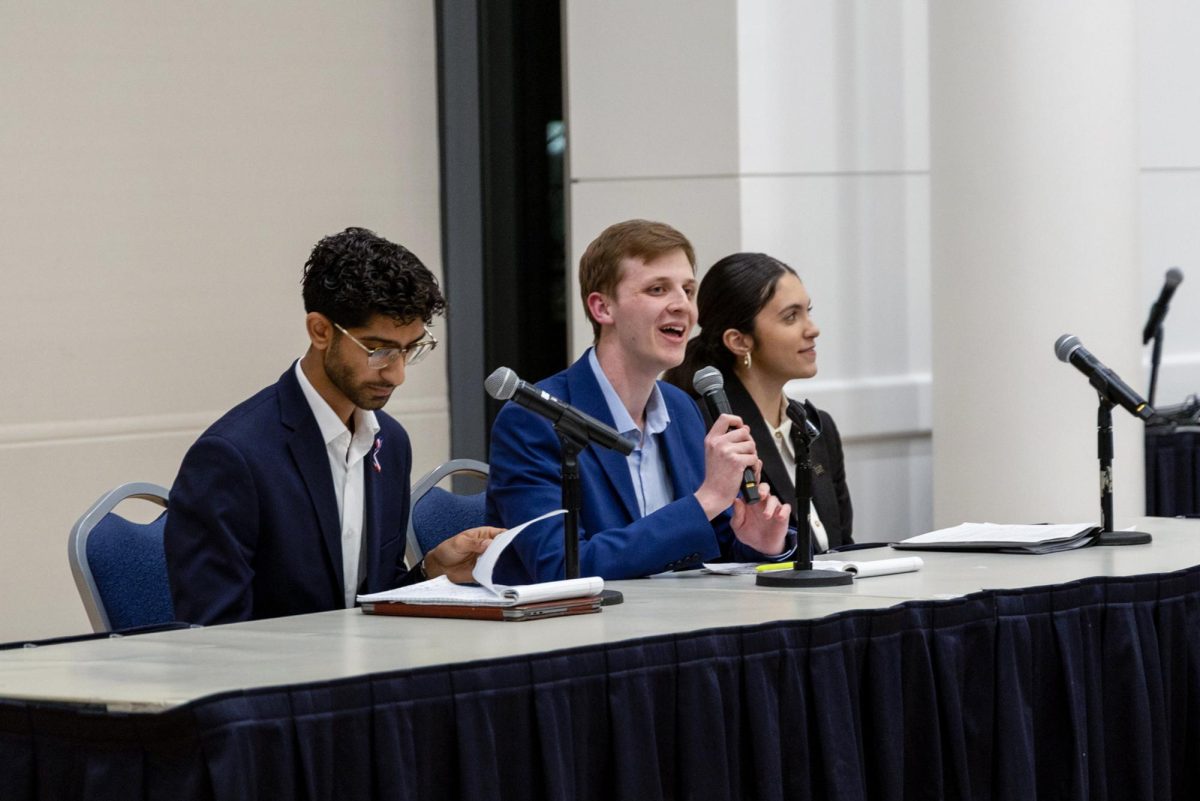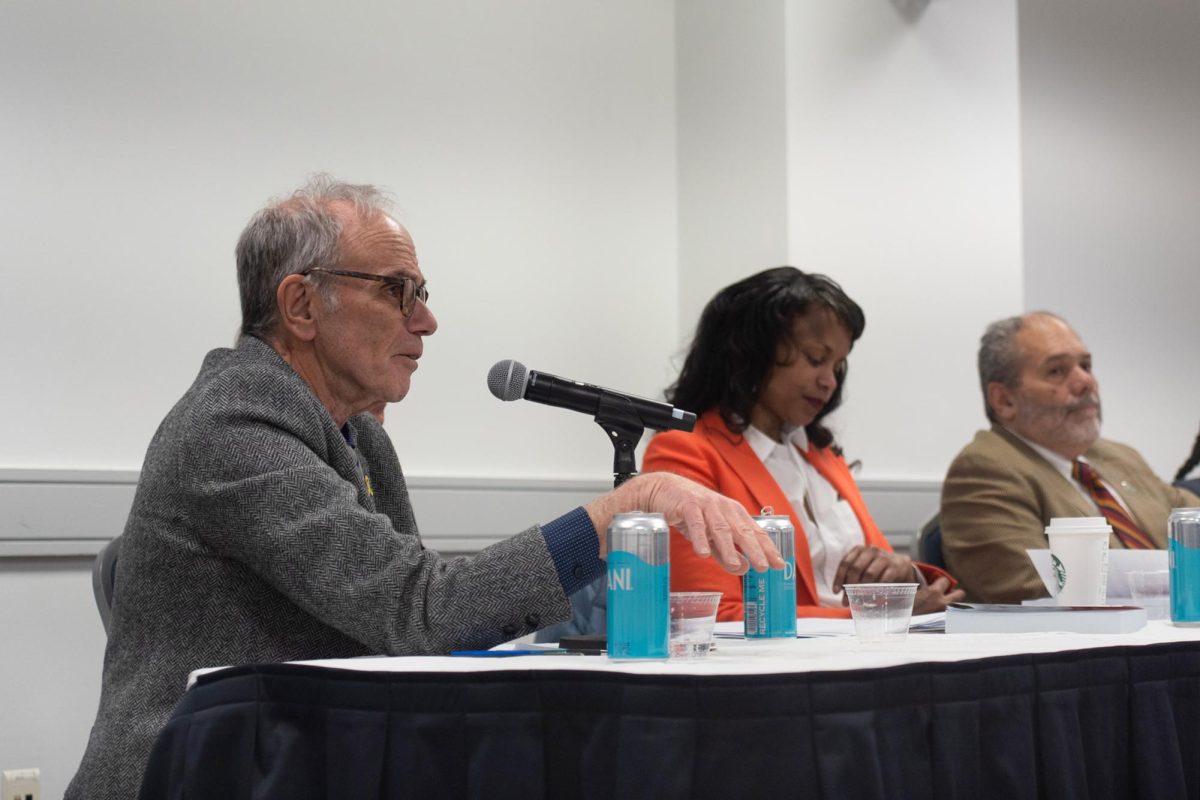GW officials announced plans last week to provide the Student Association with $25,000 a year for the next two years to fund “socially responsible initiatives.”
The SA, which oversees funding for more than 200 student organizations, will receive the extra funds beginning this July. The funding is part of a two-year pilot program to finance student initiatives that aim to engage citizens, enhance the lives of others and generally improve society, said Helen Cannaday Saulny, assistant vice president of Student and Academic Support Services.
“It’s exciting. Our campus – students, in particular – reflects a culture of civic engagement and social awareness,” she said. “I think this initiative will offer students the chance to learn more about the myriad of issues that exists locally and around the world and how passionate our students are in addressing them.”
SA Senator and President-elect, Nicole Capp (CCAS-U), said, “both the SA and the administration want to empower the students to take a stand and become involved.”
Cannaday Saulny said the University decided to provide the special funding after receiving many requests to fund social projects this year. She said the Progressive Student Union’s request earlier this year for GW to join the Worker Rights Consortium, an independent labor rights monitoring organization, especially influenced the University.
The University chose to give the money to the SA so that a representative student body could decide which students and initiatives receive funds, Cannaday Saulny said.
University officials will be meeting with members of the SA in the next few weeks to develop rules and guidelines for how the money will be distributed to students. Cannaday Saulny said these decisions are primarily up to the SA, but the University will be available to make suggestions and edits.
“Just recently, the SA has been made aware of this initiative,” Cannady Saulny said. “While great thought will go into the guidelines and allocation of funds, they are at the beginning stage. Currently, the field is wide open. As one knows, $25,000 can go quickly, or not at all, if the guidelines and awarding processes are too loose or too stringent.”
The SA is funded through a student fee, which charges $1-per- credit-hour per semester for a maximum of $15 a semester to students. This year, the SA received $465,000 in student fees, according to SA records. The SA budget also included an additional $10,000 that last year’s SA did not use.
The majority of money from student fees is allocated to more than 200 student organizations through the SA Senate Finance Committee, a group of senators.
Capp, a two-year member and current vice chair of the Finance Committee, said that this extra $25,000 will make a significant difference in helping student groups.
“Students need more money to run their programs because the pool is so small,” Capp said. “Every dollar counts in the SA – that’s why it’s a big issue.”
At the end of the two-year program, Cannady Saulny said administrators will work with the SA and students to decide whether to continue providing funds.






